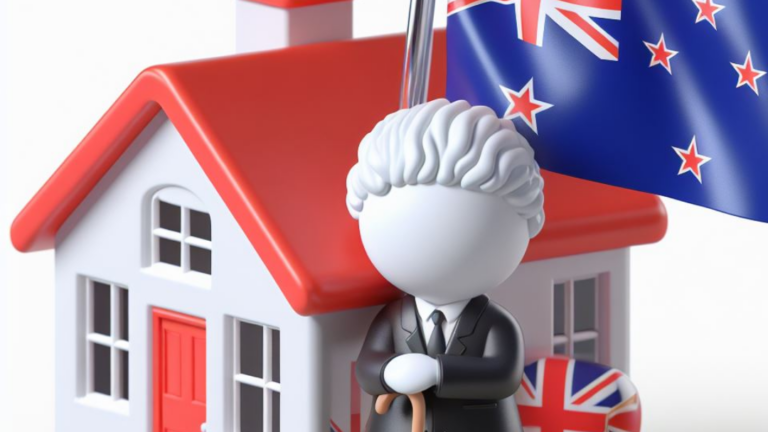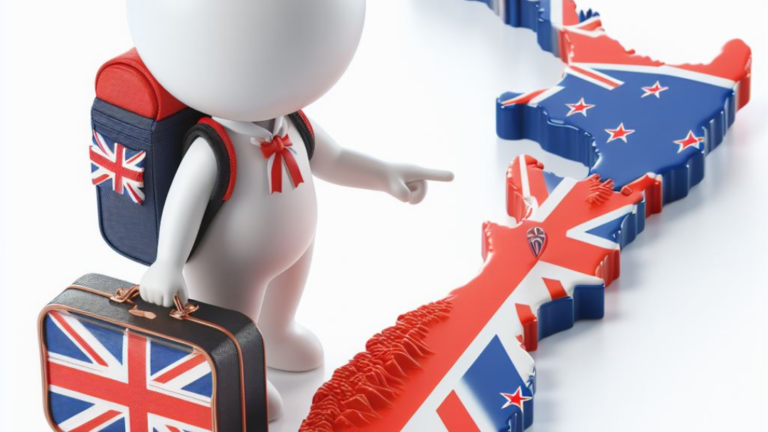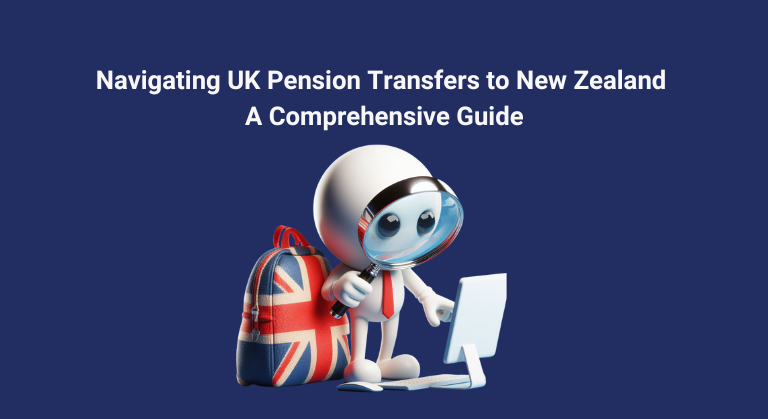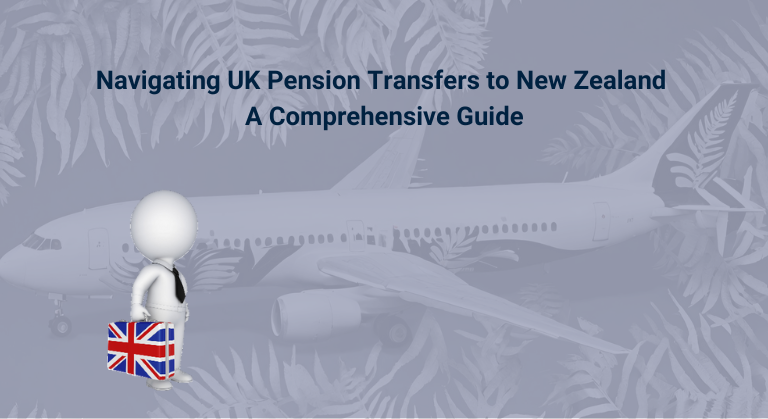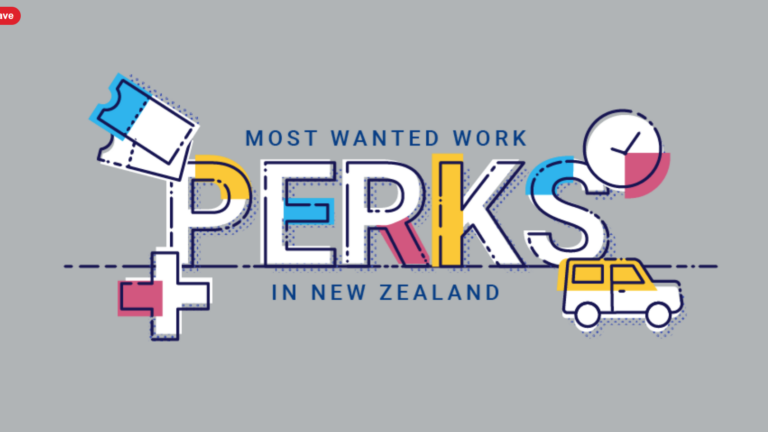By popular demand, we have designed a State Pension bonus video that explains your superannuation options if you have relocated to New Zealand from the United Kingdom.
Part Six Benefit in transferring your UK pension to NZ with First Capital Financial Services
Have you been thinking about your retirement savings lately? If you’ve got a UK Pension sitting there and you’re wondering if you should transfer it to NZ, we’re here to help.
In this video, we explain the benefit of transferring your UK Pension to New Zealand with our team at First Capital Financial Services.
Part Five Process for moving your UK pension to NZ
Deciding how best to plan the transfer of your finances across borders can be overwhelming. We can assist you by working through a series of logical steps so that you can feel supported and in control throughout the entire process.
Part Four: Considerations when moving your UK Pension to NZ
Moving a UK Pension to New Zealand can be stressful, and often it is the last thing that investors think about when they have made such a massive life transition by migrating countries. There are many factors to consider when moving your UK Pension to NZ, and in this video we simplify these for you.
Part Three: Four-year tax free window
No one likes paying tax. This video discusses the Four-year tax window from a UK Pension perspective.
Part Two – How to find out where your UK pension is
It can be frustrating knowing that you have a pension pot somewhere in the world but don’t know how to locate it. In this video we share insights on how to locate your UK pension and some helpful tips that may make your discovery journey less of a hassle.
Part One: Workplace Pensions in the UK
Unlock the secrets of transferring your UK pension to New Zealand with our six-part video series.
Workplace pensions in the UK form a vital part of the retirement planning, helping millions of workers save for a financially secure future. This video explains the different types of workplace pensions, contribution rates and accessibility options.
Experts join forces to revolutionise workplace health and financial wellbeing.
In an exciting development that promises to redefine the landscape of workplace health and financial wellbeing services, we are thrilled to announce a new joint venture between Vitality Works and First Capital Financial Services that will trade as Vitality Works NZ Limited.
The synergy between Vitality Works, a leading innovator in workplace wellbeing solutions, and First Capital, a distinguished financial services firm, is set to usher in a transformative era for employees and employers alike.
Mental health and financial wellbeing are two important aspects of our lives that are often viewed in isolation from each other. However, the truth is that these two elements are deeply intertwined and play a crucial role in determining our overall health and happiness.
Over the last few years, employees struggling with financial stress and coping with the pressures of a cost-of-living crisis are impacting workplace wellbeing. Research shows that 69% of New Zealanders are concerned about money, with that figure rising to 74% of women and 82% of those aged 18-34. This concern manifests in a variety of ways, with people feeling stressed (49%), not accessing health services when they might have otherwise (31%) and making unhealthy eating choices (28%). Ten per cent of those aged 18-34 take regular days off work due to money worries.
“We are delighted to bring together the financial expertise of First Capital with our team of wellbeing professionals,” says Cathy McDonald, Director for Vitality Works NZ, Sanitarium’s Workplace Health providers. “Combining our tailored financial and wellbeing employee programmes means we can offer truly unique and wholistic solutions to business leaders to help nurture happier, healthier employees.
Our combined workplace health and financial wellbeing services offer businesses:
- Comprehensive Workplace Wellbeing Solutions: By combining Vitality Works’ expertise in workplace wellbeing programmes with First Capital’s financial acumen, we will provide a holistic approach to employee wellbeing.
- Customised Employee Benefits: Our joint venture will tailor employee benefit packages to meet each organisation’s unique needs. Whether it is fitness programmes, mental health support, employee investment or insurance advice, our solutions will be customised for maximum benefit.
- Data-Driven Insights: The partnership will leverage data analytics to track the benefits of Vitality Works programs to guide leaders in making informed decisions to maximise their investment and outcomes through our employee wellbeing programs.
- Cutting-Edge Technology: Both companies are committed to staying at the forefront of technology. We will harness the power of AI, data analytics, and digital platforms to provide businesses with efficient, accessible, and user-friendly solutions.
- Transformative Wellbeing Services: We offer a holistic range of wellbeing programs and resources to help employees lead healthier lives through our Thrive Mental Health and SafetyWorks consultancy practice. Additionally, we can now offer financial wellbeing programmes through our partner, First Capital Financial Services.
On signing the joint venture agreement, First Capital’s Managing Director, Hugh Percy, said, “This joint venture is a testament to our commitment to helping individuals achieve financial success. Together with Vitality Works, we are poised to offer unparalleled solutions that will transform workplaces nationwide.”
Kevin Jackson, the CEO of the Sanitarium Health & Wellbeing Group, expressed great enthusiasm about the venture, stating, “The synergy between our two companies is an exciting opportunity to create a brighter future for employees and employers. We look forward to leading the charge in promoting holistic wellbeing and financial stability in the workplace.”
The company is a Sanitarium Workplace Health provider and brings with it 125 years of health and wellbeing expertise. For more information and updates, please visit www.vitalityworks.co.nz
Public, private healthcare divide decides brothers’ fate after cancer diagnosis.
Otago Daily Times
By Fiona Ellis
29 Apr, 2023
Dunedin’s Stephen Hoffman is urging people to pick up the phone and push to receive prompt treatment so their cancer does not become terminal like his did.
Two brothers were both diagnosed with prostate cancer, but only one had to rely on public healthcare — and only one is dying. Dunedin resident Stephen Hoffman is a victim of the delays to cancer care in the Southern district, detailed in a damning Health and Disability Commission report released earlier this month covering the years 2016-22.
His brother Mike, who was swiftly treated for prostate cancer through the private system, believed Stephen would likely have fully recovered if not for New Zealand’s “third-world” public health care.
Stephen, 68, said time was the biggest factor in whether the cancer was treatable, and he wanted to prevent anyone else from ending up in his position. His key advice was to be proactive and call as often as it took to be sure treatment plans were progressing, as he had twice been lost in the system.
“That’s what they do with people; they fob them off so that people have to go private — it’s a bit of a farce,” he said.
A GP discovered his prostate issues in September 2016, but despite being classed as urgent, 10 months passed before he underwent surgery in July 2017.
His biopsy took place in April of that year, and an MRI in May found almost his entire prostate replaced with a tumour.
The cancer spread to his liver and lungs, and he now has a tumour at the base of his brain.
Going private could have cost $40,000 and was not affordable for the former truck driver.
“I couldn’t afford that, and not many people can.”
Furthermore, the point of a public healthcare system was that they should not have to.
Mike Hoffman, 63, said the way his brother’s case was handled was especially galling, given his family history should have made him a priority.
The Christchurch resident was diagnosed with prostate cancer on Christmas Eve 2010, just weeks after a blood test showed an issue.
Because of his medical insurance, he had private surgery less than three months later — including an unexpected month-long delay caused by the February 22 earthquake.
Health Insurance – The most wanted work perk in New Zealand
Nowadays, Employee benefits are essential to any workplace and play a significant role in attracting and retaining talented employees. Employee benefits refer to any non-wage compensation provided to employees in addition to their regular salary or an hourly wage. These benefits can take many forms, including group insurance schemes, retirement plans, paid time off, wellness programs, and other perks.
Independent research conducted by Nature on behalf of Seek found that Health Insurance is the most appealing work perk a business could offer. First Capital can assist you in creating a more secure future for your staff through group insurance schemes such as group medical insurance or life, disability and serious illness cover. We can also help design and implement group retirement savings schemes to supplement KiwiSaver or provide extra benefits for Senior or Key employees.
The top five perks from the survey are as follows:
- Health insurance
- Flexible working hours
- Time in lieu
- Upskilling support
- Free Parking
In summary, workplace employee benefits significantly attract and retain talented employees, boost employee morale and job satisfaction, improve employee health and well-being, and enhance the employer’s reputation. A comprehensive benefits package can be valuable for employers looking to create a positive and productive work environment.

